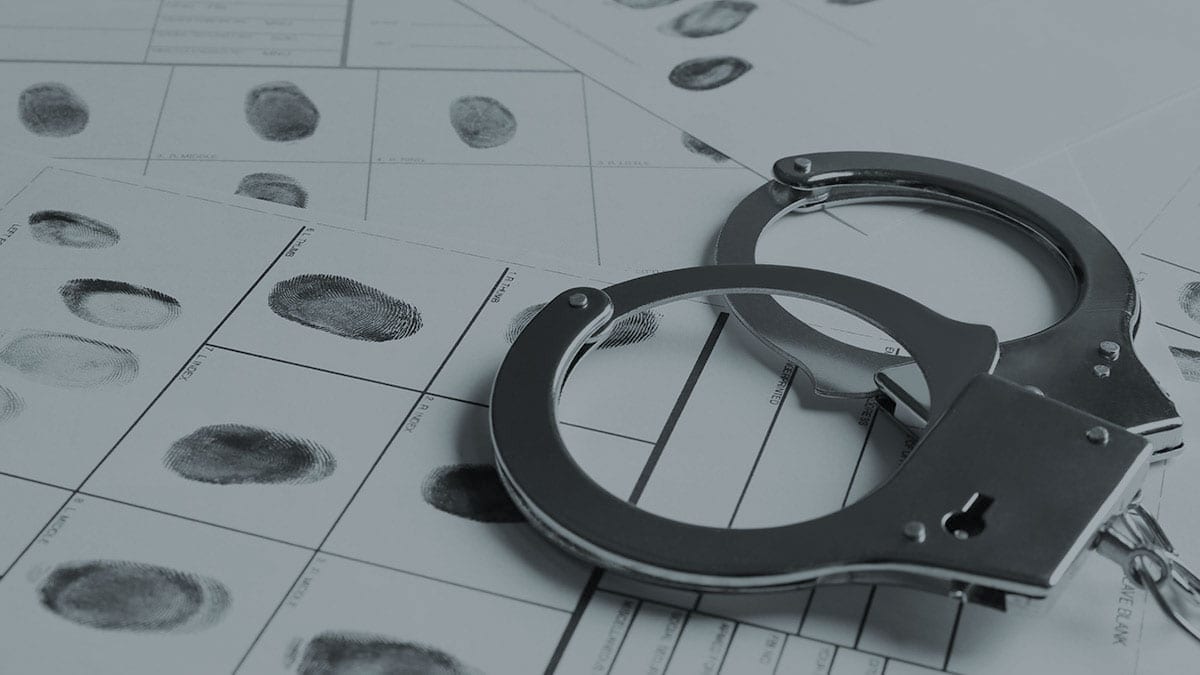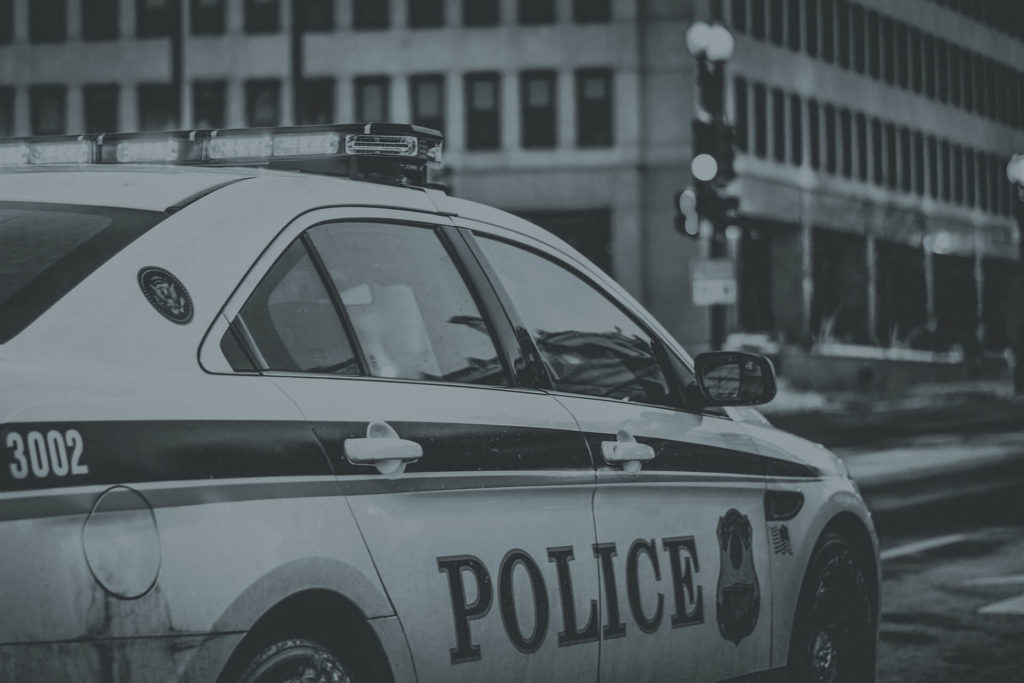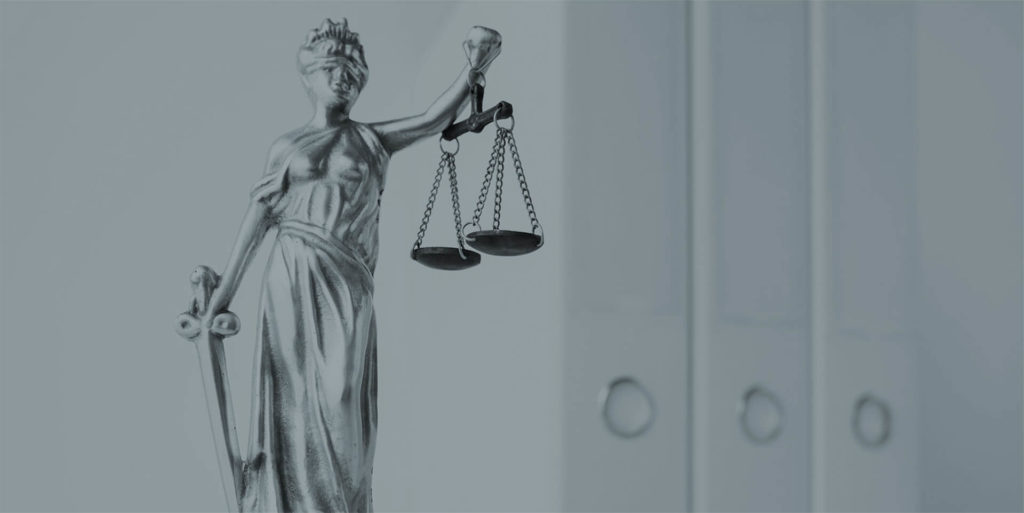Send your enquiry.
Contact us for a free, initial no obligation consultation.
"*" indicates required fields
Your information is safe and treated in accordance with our Privacy Policy
When you are arrested on suspicion of committing a criminal offence, you have the legal right to free legal advice. You also have the right to tell someone where you are, and to access medical care if you are feeling unwell. There are other rules which determine how long you can be kept in custody and how you should be treated by police officers.
What are your legal rights when arrested?
You should only be arrested if the police suspect that you are involved in a crime. You must be told the grounds for your arrest. After this, the police can handcuff you and use ‘reasonable force’ to detain you. Once at the police station, you can be put into a cell, searched (including a strip search) and have your photograph/fingerprints taken – even if you do not consent.
At any point following your arrest, you have the right to:
- Free legal advice
- Tell someone where you are
- Get medical help if you feel unwell
- See the police Code of Practice
You also have other legal rights while at a police station, including access to an interpreter.
Free legal advice
You have the right to free legal advice if you are arrested and taken to the police station. You must be told about your right to free legal advice before you are questioned. It is entirely up to you whether to exercise this right. However, we strongly recommend that you speak to a solicitor before you are taken for a police interview. This ensures that you do not accidentally jeopardise your case. You have the right to see your legal representative in private.
You have two options available to you. Either, you can ask for the duty solicitor. Duty solicitors are independent of the police and are on call 24 hours a day, seven days a week. Or, you can contact another criminal defence solicitor of your choosing – such as us at Ashmans Solicitors. Once you have requested legal advice, the police cannot usually question you until your legal representative has arrived or has advised you over the phone.
You have probably heard of the right to remain silent. In theory, you do not actually have to say anything to the police. However, this might work against you, if you later provide an answer to the same questions. The court might wonder why you did not answer the police the first-time round, and may even conclude that you falsified the answer, having had time to think about it. These are the types of things a solicitor can advise you on.
Tell someone where you are
You have the right to tell someone that you have been arrested. This might be a family member, guardian, friend, partner or professional.
The police will take your personal belongings off you when you get to the station, including your mobile phone. However, there is actually no such thing as a ‘right to a phone call’ under English law. The police might allow you access to a telephone for a reasonable amount of time. Or, they might make a phone call on your behalf.
If you are under the age of 18, or you are considered a vulnerable adult, the police must also find an ‘appropriate adult’ to accompany you at the police station. You might be considered vulnerable if you have a mental illness. An appropriate adult can be a parent, guardian, carer, social worker, volunteer or family member over the age of 18.
Get medical help if you feel unwell
You have the right to access medical care if you are feeling ill. Custody suites have medical teams that can attend to you, should you become unwell. If necessary, you should be taken to hospital so that you can receive the proper medical attention. Your health should never be compromised while in police custody.
The medical team will decide if you are well enough to undergo questioning. They can also consider your mental health and determine whether it would be appropriate for you to undergo a mental health assessment.
See the police Code of Practice
You have the right to see the police Code of Practice, should you want to. The Code of Practice details the rules the police must abide by. That way, you can check for yourself whether the police are adhering to the laws during your arrest and subsequent detention in custody. PACE Codes Of Practice.
However, if there is any indication that you are not being treated lawfully, it is best to speak to your legal representative. Your solicitor will be able to advise you of your rights. If you are unhappy with the way you have been treated by the police, you can make a complaint.
Other rights
Along with the rights described above, the police must also:
- Provide you with an interpreter free of charge, if English is not your first language
- Contact your embassy or consulate, should you request it, free of charge
- Allow you or your solicitor to see documents and records relating to your arrest
- Tell you why you have been arrested and detained
- Tell you how long you can be detained for
How long can I be held for?
You can be held in the police station for 24 hours without being charged. This can be extended to 36 hours, if the police suspect you have committed a serious offence and permission is given by the court or a police superintendent.
If the police want to detain you for more than 36 hours, they must make a request through the courts. If this request is granted, you can be held for up to four days, or 14 days for terrorism-related offences.
If you are not suspected of committing a serious offence and/or permission is not granted to detain you further, you must be released.
The police should regularly review the need to keep you in custody. You and your legal representative must be kept updated every time this happens. During your stay, you should be given three meals a day, drinks between meals and allowed to use the toilet.
What happens next depends on whether the police decide to lay charges. You may be:
- Released with no further action pending
- Given a warning or reprimand (if you are under the age of 18)
- Given a caution or conditional caution
- Released under investigation
- Released on bail or conditional bail (Pre charge bail 2022)
- Kept in custody until your hearing at the Magistrate’s Court
Are the rules different for minors?
Yes, the rules are different for minor, meaning anyone under the age of 18. You must have an appropriate adult with you while you are at the police station. You can talk to this appropriate adult in private. The police must also contact whoever is responsible for your welfare, such as your parents, guardians or carers.
Been Arrested?
Being arrested is often a scary experience. You are being accused of committing a criminal offence and you do not know what might happen next. This can leave you feeling powerless.
However, you do have rights and it is important that you exercise these rights – especially your right to free legal advice. Remember, defence solicitors, are on your side. By getting a legal representative, you can be sure that someone is acting in your best interests, working to get you released from custody as soon as possible.
That is precisely what we will do for you if you are arrested. We have a specialist team ready and waiting to help those facing criminal allegations. We will advise you what to say during police questioning, keep you updated on the progress of your case, and work to get the charges against you dropped.
Get free legal advice now
If you have been arrested, call us on 0333 009 6275. We are available to take your call 24 hours a day, 7 days a week.
You can also email us on enquiries@ashmanssolicitors.com or complete our Free Online Enquiry Form and we’ll be in touch soon.




